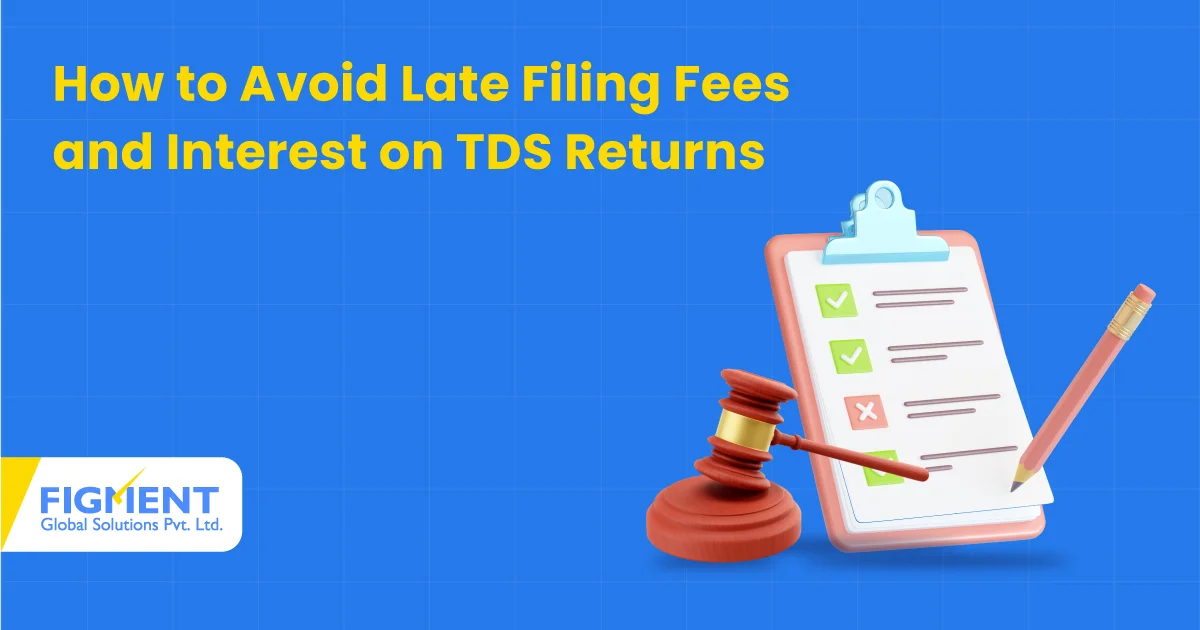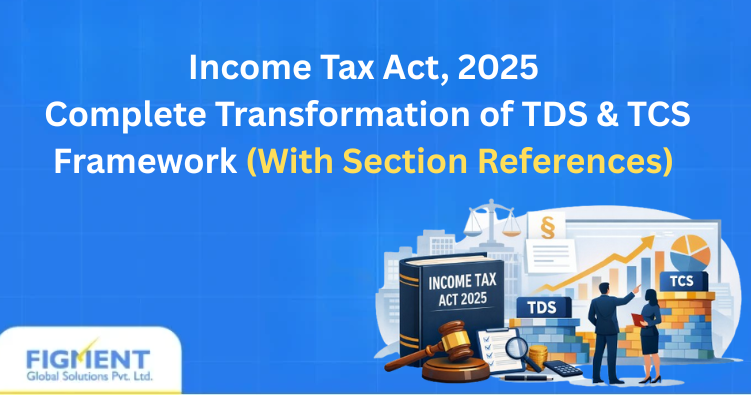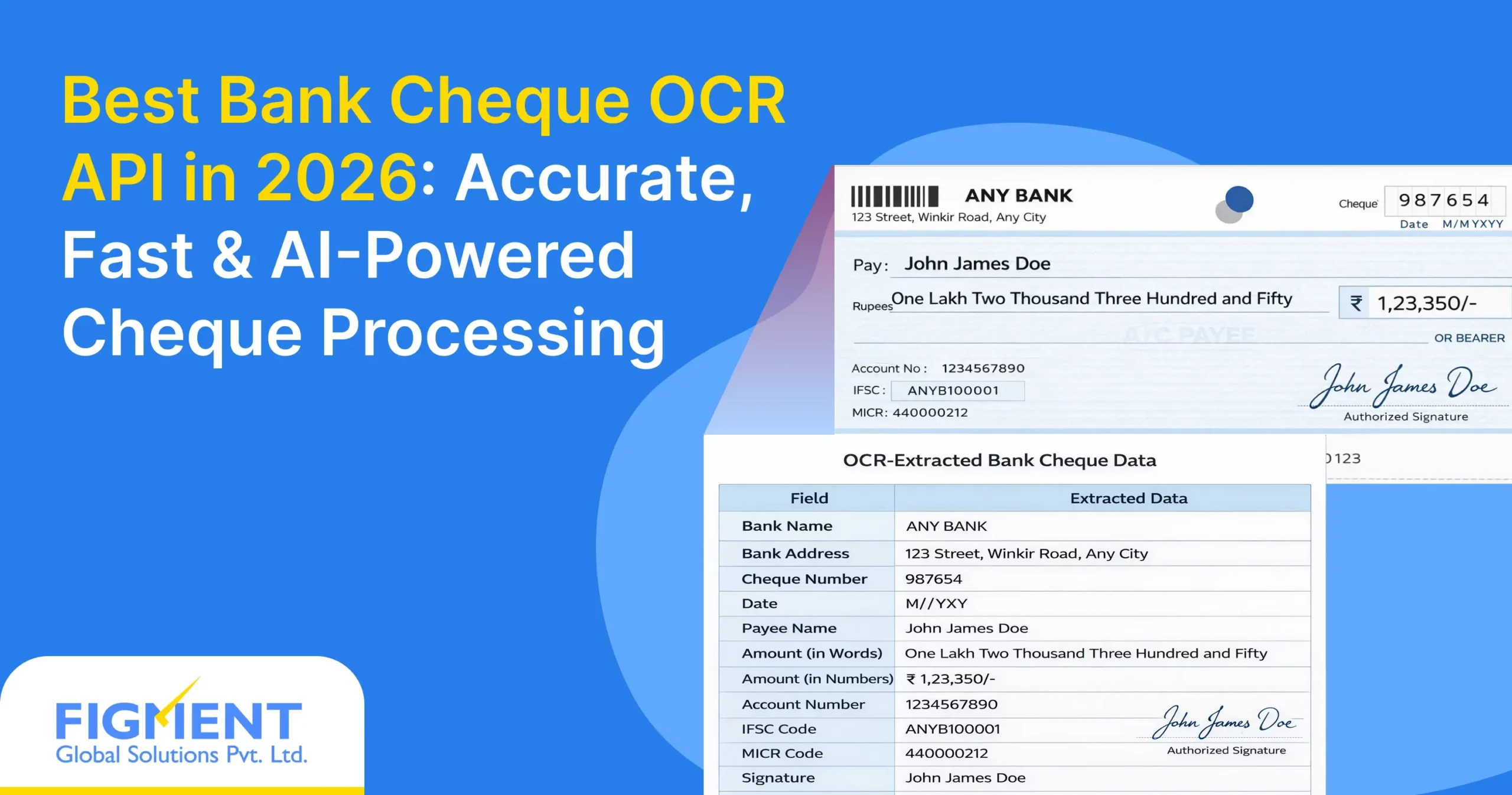Timely filing of Tax Deducted at Source (TDS) returns is not just a statutory obligation but a critical compliance responsibility for businesses and deductors. Delays in filing TDS returns not only attract late filing fees under Section 234E and interest under Section 201(1A) of the Income Tax Act, but also impact the deductee’s ability to claim TDS credit in their income tax return.
This article outlines key statutory provisions, penalties, and best practices to help avoid late filing fees and interest on TDS returns.
Relevant Provisions of the Income Tax Act, 1961
1. Section 200(3) – Filing of TDS Returns
Every person deducting tax shall, after depositing the tax, file a quarterly statement in the prescribed form (Form 24Q, 26Q, 27Q, etc.) within the due dates.
TDS Return Filing Due Dates
Each quarter has a specific due date for filing TDS returns:
| Quarter | Period | Due Date |
| Q1 | April – June | 31st July |
| Q2 | July – September | 31st October |
| Q3 | October – December | 31st January |
| Q4 | January – March | 31st May |
TDS deducted must be deposited on time before filing the TDS return:
- On or before 7th of the following month for the period of April to February.
- For March, the due date for deposit is 30th April.
2. Section 234E – Late Filing Fees
If the TDS return is not filed within the due date, a fee of ₹200 per day is levied until the return is filed, subject to a maximum of the total TDS amount.
Example: If the TDS amount is ₹40,000 and the return is delayed by 25 days, the late fee will be ₹200 × 25 = ₹5,000.
3. Section 201(1A) – Interest for Non-Deduction or Late Payment
- Interest @1% per month (or part thereof) from the date on which tax was deductible to the date it is actually deducted.
- Interest @1.5% per month from the date of deduction to the date of deposit.
These are calculated on a monthly basis (not daily), so even a one-day delay can cost you a full month’s interest.This interest must be paid before filing the TDS return.
Best Practices to Avoid Penalties and Interest
Use TRACES portal’s justification report and OLTAS challan status to verify all the data before return preparation.
1. Maintain an Internal Compliance Calendar
Ensure reminders for:
- TDS deduction dates
- Payment due dates
- Return filing deadlines
2. Reconcile Data before Filing
Verify:
- Challan Identification Number (CIN)
- Deductee PAN details
- Section codes and rates
- Amount deducted Vs. Amount paid
3. Deposit TDS Promptly
Always deposit TDS by the due date to avoid interest under Section 201(1A). Use NSDL OLTAS or income tax e-payment system to make timely payments.
4. File Returns through Authorised Utilities
- Use the latest Return Preparation Utility (RPU) and File Validation Utility (FVU) available on the TIN-NSDL portal or professional software to ensure accurate returns.
- Hiring experienced TDS consultants for large-scale filings.
5. Regularly Download and Review TRACES Defaults
In case of errors, file a correction return immediately. It does not avoid late filing fees, but ensures deductees can claim TDS and reduces default notices.
6. Keep Updated with Compliance Changes
Tax laws and deadlines may change (especially due to budget amendments or pandemic-related extensions). Follow updates on:
- Income Tax e-Filing Portal,
- TRACES,
- Circulars from CBDT
- Subscribe to updates or newsletter from tax professionals or government sources to receive timely information.
Additional Tips for Smooth Compliance
- Validate deductee PAN’s via the Income Tax PAN Verification Tool.
- Use bulk PAN validation for large deductor bases.
- Appoint a TDS compliance officer or consultant for regular review and follow-up.
- Keep digital and physical records of all TDS-related documents for audit readiness.
Conclusion
Adhering to TDS timelines is not only a statutory requirement but also ensures:
- Smooth income tax credit for employees and vendors
- Avoidance of interest and late fee liabilities
- Minimization of default notices from the department
By following a disciplined approach with the help of automation and expert advice, businesses can easily stay compliant and avoid unnecessary financial and reputational setbacks.







